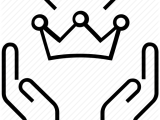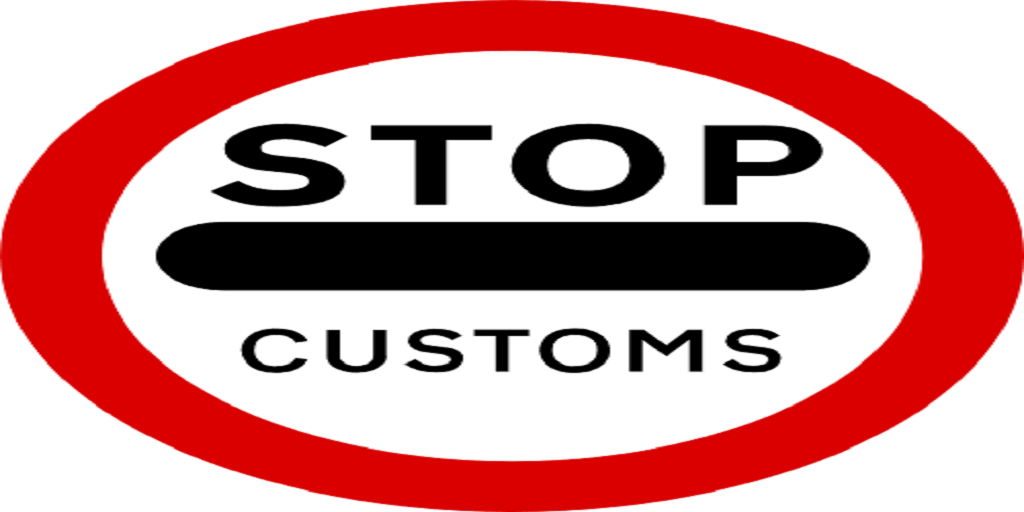
Customs
April 23, 2019From Wikipedia
“Customs” means the Government Service which is responsible for the administration of Customs law and the collection of duties and taxes and which also has the responsibility for the application of other laws and regulations relating to the importation, exportation, movement or storage of goods.
Each country has its own laws and regulations for the import and export of goods into and out of a country, which its customs authority enforces. The import or export of some goods may be restricted or forbidden. A wide range of penalties are faced by those who break these laws. A customs duty is a tariff or tax on the importation (usually) or exportation (unusually) of goods. Commercial goods not yet cleared through customs are held in a customs area, often called a bonded store, until processed. All authorized ports are recognized customs areas.
At airports, customs functions as the point of no return for all passengers; once passengers have cleared customs, they cannot go back. Anyone arriving at an airport must also clear customs before they can officially enter a country. Those who breach the law will be detained by customs and likely returned to their original location.
Functions of customs
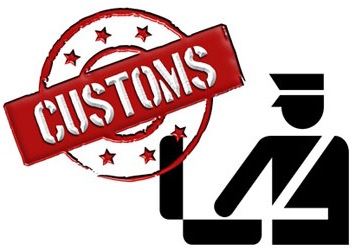
Traditionally customs has been considered as the fiscal subject that charges customs duties and other taxes on import or export. For the recent decades the views on the functions of customs have considerably expanded and now covers three basic issues: taxation, security and trade facilitation.
Red and green channels
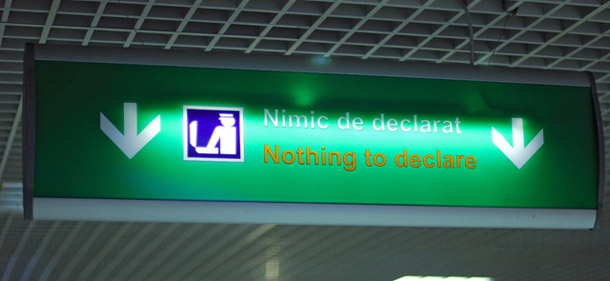
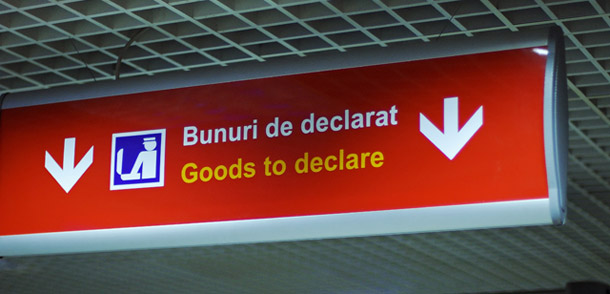
In many countries, customs procedures for arriving passengers at many international airports and some road crossings are separated into red and green channels. Passengers with goods to declare (carrying goods above the permitted customs limits and/or carrying prohibited items) go through the red channel. Passengers with nothing to declare (carrying goods within the permitted customs limits and not carrying prohibited items) go through the green channel. However, entry into a particular channel constitutes a legal declaration, if a passenger going through the green channel is found to be carrying goods above the customs limits or prohibited items, he or she may be prosecuted for making a false declaration to customs, by virtue of having gone through the green channel. Each channel is a point of no return, once a passenger has entered a particular channel, they cannot go back.
Australia, Canada, New Zealand, and the United States do not officially operate a red and green channel system; however, some airports copy this layout.
Blue channel
Airports in EU countries such as Finland, Ireland or the United Kingdom, also have a blue channel. As the EU is a customs union, travellers between EU countries do not have to pay customs duties. Value-added tax and excise duties may be applicable if the goods are subsequently sold, but these are collected when the goods are sold, not at the border. Passengers arriving from other EU countries go through the blue channel, where they may still be subject to checks for prohibited or restricted goods. Luggage tickets for checked luggage travelling within the EU are green-edged so they may be identified. In most EU member states, travellers coming from other EU countries can simply use the green lane.
All airports in the United Kingdom operate a channel system, however some don’t have a red channel, they instead have a red point phone which serves the same purpose.
Customs as a Public Service

Customs are a public service provided by the government of the respective country that collects the duties levied on imported goods as well as providing security measures through which people enter and exit the country. A public good/service is defined by being non-rival and non-excludable. Once cannot avoid customs when exiting or entering a country thus making it non-excludable. There is some congestion when going through airports, with the average wait time in customs in American Domestic airports being 75.1 minutes, however, the congestion doesn’t discriminate based on rival-consumption thus making it a public service.
Privatization of customs
Customs is part of one of the three basic functions of a government, namely: administration; maintenance of law, order, and justice; and collection of revenue. However, in a bid to mitigate corruption, many countries have partly privatised their customs. This has occurred by way of contracting pre-shipment inspection agencies, which examine the cargo and verify the declared value before importation occurs. The country’s customs is obliged to accept the agency’s report for the purpose of assessing duties and taxes at the port of entry.
While engaging a pre-shipment inspection agency may appear justified in a country with an inexperienced or inadequate customs establishment, the measure has not been able to plug the loophole and protect revenue. It has been found that evasion of customs duty escalated when pre-shipment agencies took over. It has also been alleged that involvement of such agencies has caused shipping delays. Privatization of customs has been viewed as a fatal remedy.
There has, however, been some speed bumps when transitioning customs over from the public to private sector. Factors such as an incompetent private sector, government’s reluctance to change the traditional roles of customs, neglecting priority-setting and lack of transparency in the transition process have all slowed down the rate at which the public to private transition has taken place.





